Edd Moore underscores the need to equip pupils with practical sustainability skills. He looks at student-driven initiatives, advocating for waste reduction, recycling and gardening projects in schools.
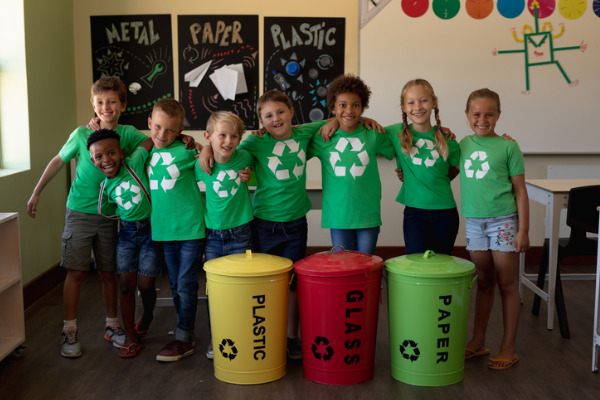
Now more than ever, it is even more important for every child to know and be aware of local, national and global environmental issues so they feel empowered to take action on sustainable topics close to their hearts. We must teach pupils about sustainable living with practical skills that they can implement in their homes and across their communities where they can teach and inspire the next generation.
Schools are starting to teach children alternative ideas for waste, like the importance of having a circular economy where we reuse items repeatedly. Schools also teach pupils the critical concept of refusing, reducing, reusing and refilling before recycling their waste, which can save or raise valuable money.
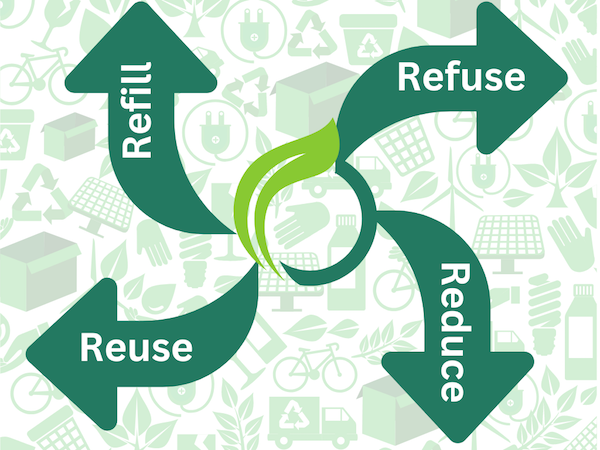
There are many simple but effective practical ideas that schools and classrooms can introduce to reduce waste. Children can learn from these and use the knowledge in their homes and community. These include:
This programme encourages young people to implement practical and positive change for people, animals and the environment through projects in and out of school. Young people can log their actions on their school or group blog, sharing with a network of other schools. Groups and schools get rewarded with bronze, silver or gold certificates and have a chance of being invited to present their projects to Dr Jane Goodall at an awards ceremony in London.
We should encourage school gardening so every child has an opportunity to get into the garden to learn important skills. These include the following.
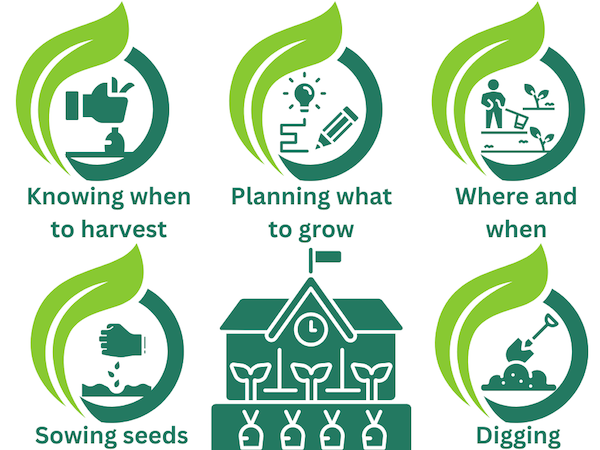
Pupils can reuse the seeds from vegetables and fruits to plant new ones rather than buying seeds. They can then use what they have harvested to make a dish using weighing, chopping and grating skills as well as learning how to follow a recipe.
The large amount of edible food we throw away contributes to climate change. We are wasting not only the food but also the valuable resources that have gone into creating it. Use the leftovers to make other dishes like stews, quiches, omelettes and salads. Use the leftover recipe examples to turn into a recipe book to sell to parents and the community.
Other practical ideas can include opening a greengrocery by selling produce you have grown in the school garden or taking the produce to the local weekly or monthly farmers' market. This helps children's communication skills, teamwork and maths (handling money, weighing, addition and giving change) and increases their confidence.
Biodiversity is important to nurture and encourage children outdoors to improve their health and wellbeing. This teaches children the importance of butterflies, bees and other insects within our ecosystems and the production of food growing.
Teaching children how to discover, identify and name plants trees, insects and birds in their school grounds with facts and placing this information in a nature journal is a great way to engage children in nature. Rewild areas of the school or make a meadow, picking wildflower seeds like buttercups, knapweed, teals, forget-me-nots and sunflowers rather than buying seeds.
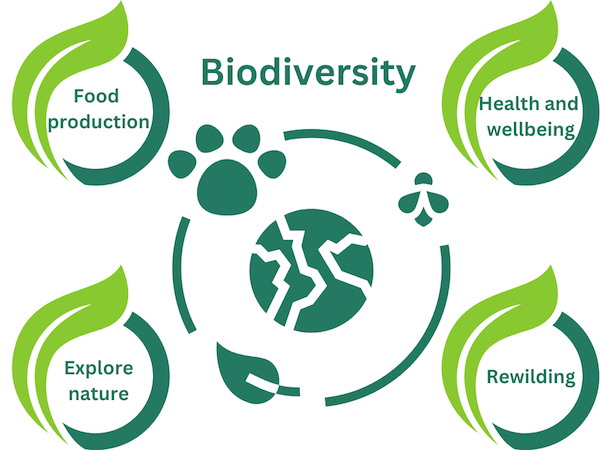
Pupils can sign up for the National Nature Education Park and Climate Action Awards. These awards can help with the above where they follow five steps:
Since the release of the Department for Education Sustainability Climate Change Strategy in April 2022, there has been more urgency from schools to teach children how to play their part in supporting their school to become zero carbon and helping to meet the 2030 target.
Making the natural world a central part of the curriculum is important in creating a sustainable legacy. This is the first step to nurturing a generation that actively wants to care for the world.
Children must drive the sustainability work. They need to set the agenda, help to plan activities, take ownership and ensure that everyone really makes a difference. The UK Schools Sustainability Network (UKSSN) is doing just this through setting up regional networks where pupils and teachers can connect with peers, share ideas and resources, collaborate on local, national and international initiatives, and develop personal, social and workplace skills. The network was set up for secondary school pupils but it does work on projects with primary schools. Schools can find their regional network here for more information.
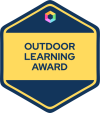
Help pupils grow in confidence and skills through learning outside.